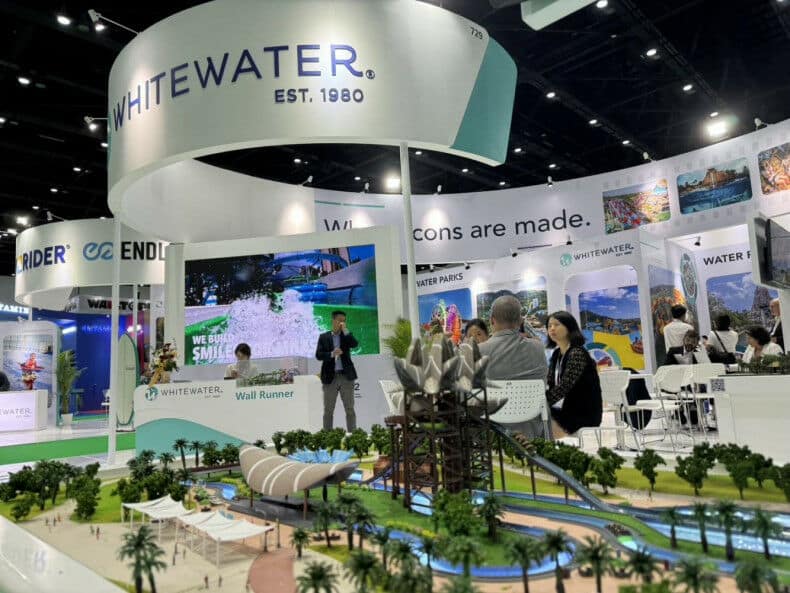Thailand urged to support major theme parks

Thailand should offer robust support, including investment incentives and infrastructure development, to attract major theme park brands like Disney, according to the International Association of Amusement Parks and Attractions (IAAPA).
IAAPA Board Chairman Wuthichai Luangamornlert emphasised that investors are inclined to develop attractions in destinations providing substantial support.
China’s rail transport system was completed a year before the opening of Shanghai Disneyland, with the project planning spanning 15 to 20 years.
The Hong Kong government reclaimed land specifically for Hong Kong Disneyland’s development.
In some instances, projects were designed with additional space for future expansions.
“Building an amusement park is not only about the visitors but also involves thousands of employees, accommodation, roads, and workplaces. The question is how will the government support it?”
There have been past discussions about establishing a Thai Disneyland.
Wuthichai pointed out that Thailand’s laws and regulations concerning investment are outdated for the theme park industry, favouring the industrial segment.
For instance, calculating the tax rate for simulator technology and equipment is challenging, as this system does not align with the horsepower units in the law. Investing in this business requires more than five to seven years to break even, but corporate tax incentives are short-lived. Wuthichai urged the government to issue new investment regulations dedicated to theme park investment.
Tourism boost
Thailand’s strong tourism segment could support the theme park industry. Without world-class theme parks, the country loses affluent Thai tourists who visit theme parks abroad.
Wuthichai also mentioned that the government’s plan for a casino and entertainment complex could offer more travel options for visitors but needs clear rules and regulations.
Jakob Wahl, IAAPA’s president and chief executive, noted that revenue growth among amusement parks globally has stabilised this year after a surge in 2023 driven by pent-up demand.
“People want to go out and have fun and are more willing to spend more for this kind of experience.”
Recent trends show theme parks are shifting towards immersive experiences, with mixed-use programmes combining accommodation and experiences to encourage longer stays at parks. Adding festive events encourages tourists to visit more often. Many global attractions have expanded in tandem with established brands, characters, or intellectual property, like France’s Louvre Museum entering the Middle East market.
Over the next three years, the most new theme park investments will be in the Middle East, particularly Saudi Arabia and the United Arab Emirates. In Asia, new theme park developments will be unveiled in China and Vietnam.
Wuthichai noted that there is no large-scale theme park development in Thailand, only minor expansions of existing projects, such as hotels or malls equipped with water parks, reported Bangkok Post.
IAAPA hosted its Asia trade show featuring more than 350 exhibitors at Queen Sirikit National Convention Centre, showcasing new products and trends in the industry.
Latest Thailand News
Follow The Thaiger on Google News:


























